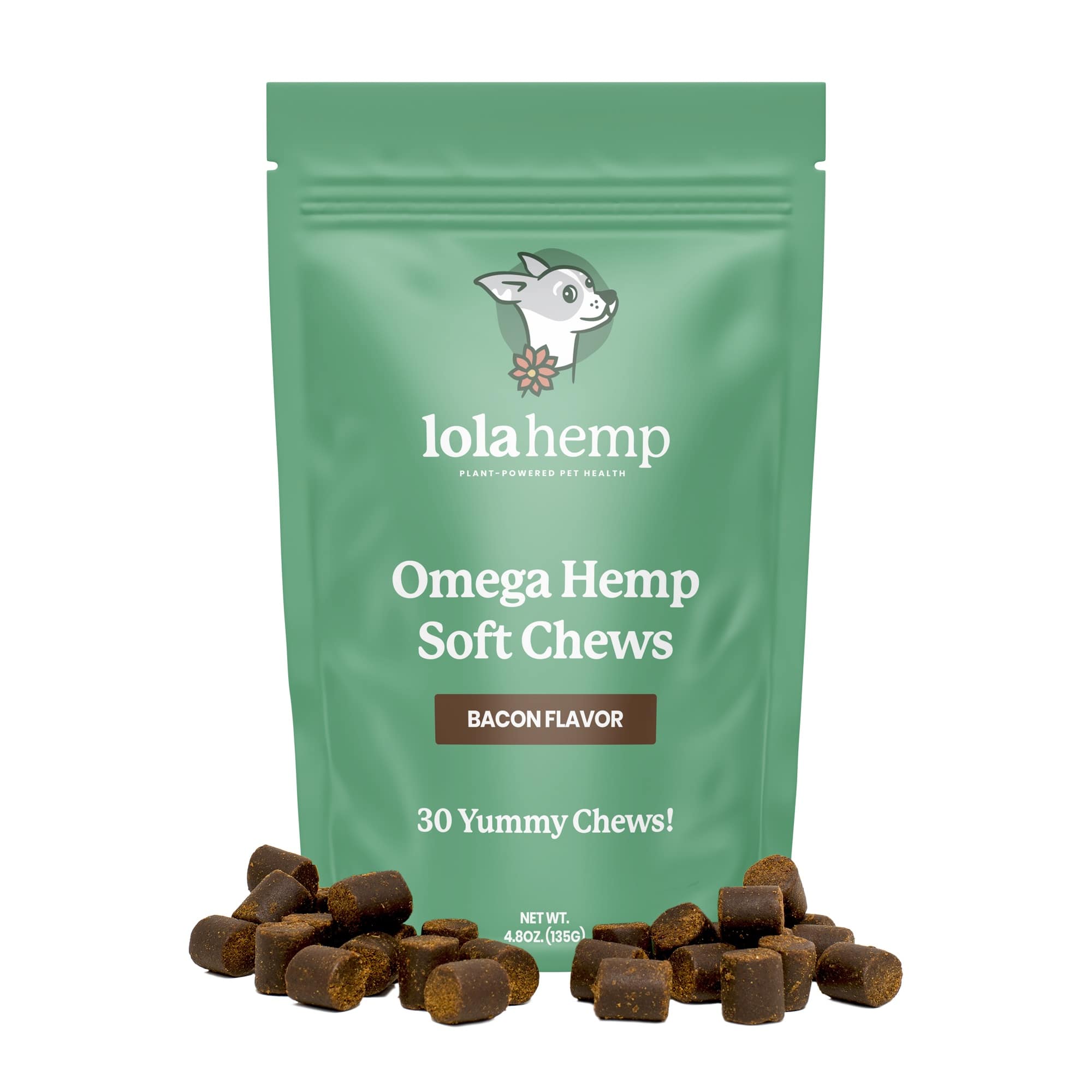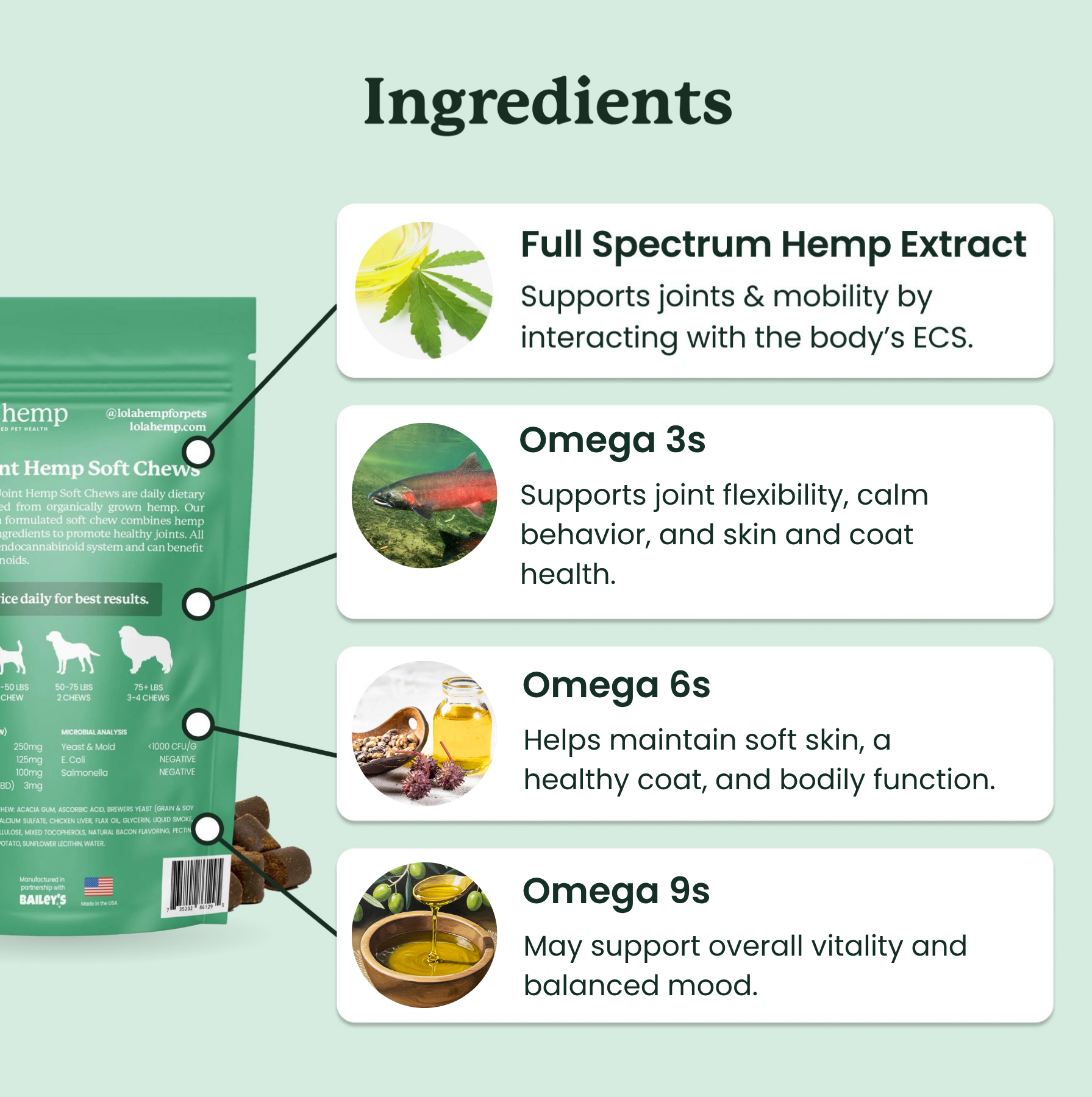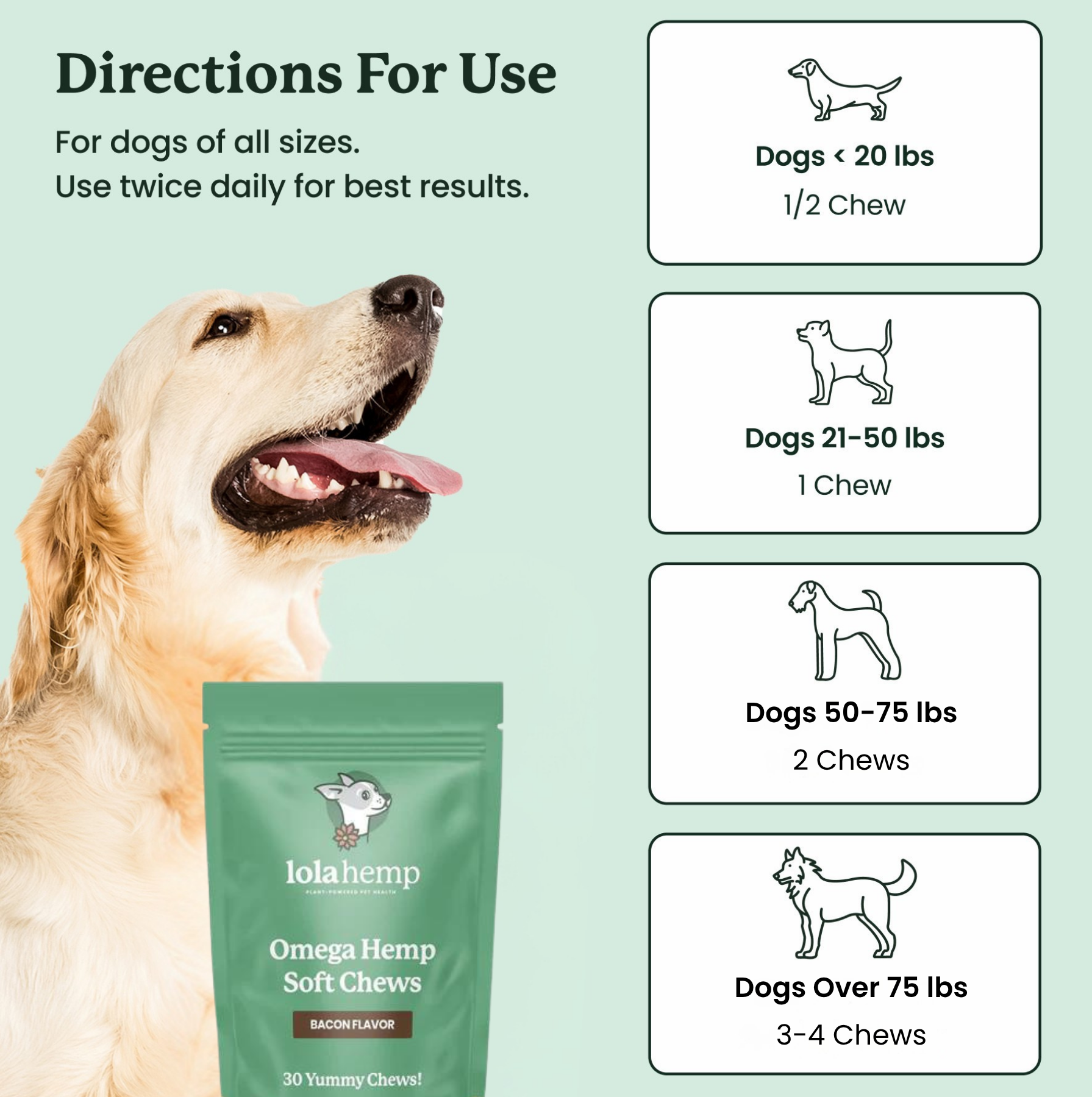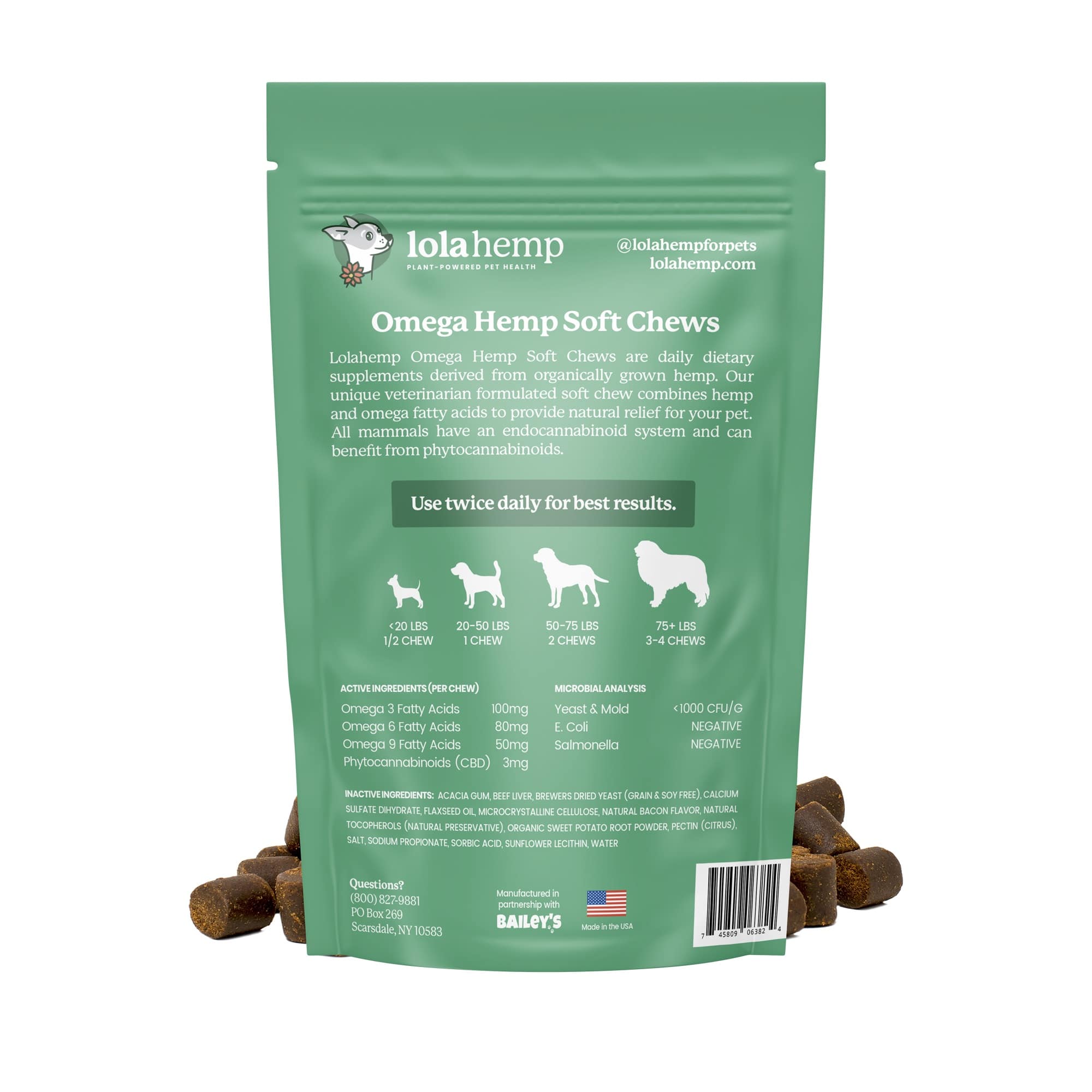Blue-lipped mussels, known more officially as Mytilus edulis, are a natural source of omega-3 fatty acids like EPA and DHA. These healthy fats are important for helping dogs maintain a normal inflammatory response, good skin health, and overall well-being.
They’re harvested through sustainable rope farming, which is one of the more environmentally friendly aquaculture methods out there today. Mussels like these don’t need extra feed, fertilizers, or chemicals to grow. They just naturally filter the water and help the oceans stay a little bit cleaner while they’re at it.
For pet parents looking for a natural source of hip and joint support without a lot of extra processing, blue-lipped mussels could be a pretty great option to look into. In this article, we’re going to break down the key components, benefits, risks, dosages, and the kinds of results you might be able to expect when using blue-lipped mussels as a part of your dog’s health routine.
The Benefits of Blue Lipped Mussels for Dogs
The most talked-about benefit of blue-lipped mussels has got to be the omega-3 fatty acids. EPA and DHA are essential parts of a healthy diet, and they’ve been studied for helping to regulate inflammation, support healthy skin and coat, and even promote better heart health over time. All of that just from a little shellfish.
They’re also packed with amino acids, and not just a few either — we’re talking about a full set of essential amino acids that dogs need but can’t make on their own. These amino acids play a big role in everything from muscle maintenance to tissue repair, making mussels a strong source of clean, bioavailable protein for dogs of all sizes.
Another thing that makes mussels interesting is what happens after the proteins get broken down. When digested, mussel proteins can create bioactive peptides — basically, small pieces of proteins that are easier for the body to absorb. Some of these peptides have been shown to have antioxidant, anti-inflammatory, and even heart-protective properties, like helping to protect the cells that line blood vessels from damage. Pretty neat for something that comes from the sea.
And it’s not just the proteins. Blue-lipped mussels bring a lot to the table when it comes to vitamins and minerals, too. They’re naturally rich in things like zinc, selenium, manganese, iron, and vitamin B12 — all nutrients that help with immune function, red blood cell production, joint support, and general vitality in dogs. It’s a real nutritional powerhouse packed into a small shell.
Summary of Blue Lipped Mussels' Benefits for Dogs
Here are the clearly listed potential benefits of blue-lipped mussels for dogs:
- Hip and Joint Support: Omega-3 fatty acids can help promote a normal inflammatory response that keeps joints feeling better for longer.
- Vitamins and Minerals: Essential nutrients like zinc, selenium, and iron help support immune health, skin, and energy levels.
- Amino Acids: Mussels are loaded with complete proteins that help maintain muscle mass and support healthy tissue growth and repair.
- Bioactive Peptides: When mussel proteins break down, they can release peptides that may offer antioxidant and heart-protective benefits.
- Digestibility and Absorption: Mussel protein is highly bioavailable, meaning your dog can absorb and use the nutrition efficiently.
How Long Does it Take Dogs to See Benefits from Blue Lipped Mussel?
While evidence is limited, similar supplements take about 4–8 weeks of consistent use to show significant effects. Most benefits develop over time with regular use as part of a balanced diet.
The Risks of Blue Lipped Mussels for Some Dogs
While generally safe, blue-lipped mussels aren’t for every dog. Key risks include:
- Shellfish Allergies: Some dogs may react with itching, digestive upset, or hives.
- Dogs with Heart or Kidney Disease: Due to salt content and purines, it’s best avoided in dogs with these conditions or prone to bladder stones.
- Poor Sourcing: Mussels can absorb heavy metals if grown in unregulated waters—always choose trusted suppliers with clean sourcing.
- Choking Hazard: Never feed mussels with shells. They can splinter and cause internal injury.
- Overfeeding: Too many mussels can add excess salt and fat to the diet.
What Happens if Your Dog Eats Too Much Blue-Lipped Mussel?
Overeating can lead to vomiting, diarrhea, or lethargy, primarily due to salt and fat content. Seek veterinary care if your dog shows worsening symptoms, pain, tremors, or weakness.
How Much Blue Lipped Mussel Should I Give My Dog? (Raw vs. Supplement)
Raw Mussels: Remove shells and feed plain, unseasoned mussels.
- Small Dogs (Under 25 lbs): ½–1 mussel per day
- Medium Dogs (25–60 lbs): 1–2 mussels per day
- Large Dogs (Over 60 lbs): 2–3 mussels per day
Blue Lipped Mussel Supplement Dosage for Dogs
Rule of thumb: 10–20 mg per pound of body weight per day.
- Small Dogs (Under 25 lbs): 250–500 mg per day
- Medium Dogs (25–60 lbs): 500–1,200 mg per day
- Large Dogs (60+ lbs): 1,200+ mg per day (adjust to weight)
Conclusion
Blue-lipped mussels are a nutrient-dense, sustainable supplement rich in omega-3s and other compounds that support joint, heart, and skin health in dogs. While safe for most, avoid giving to dogs with shellfish allergies, heart or kidney disease, or those prone to urinary stones. Always source from reputable suppliers and use in moderation for long-term benefits.
Frequently Asked Questions About Blue Lipped Mussels for Dogs
1. Are blue-lipped mussels safe for all dogs?
No. Dogs with shellfish allergies, kidney disease, or heart conditions should avoid them due to salt and purine content.
2. How long does it take to see results from blue-lipped mussels?
Most dogs may start showing noticeable benefits after 4–8 weeks of consistent supplementation.
3. Can dogs eat raw blue-lipped mussels?
Yes, if fully cleaned and shell-free. Never feed mussels with shells or added seasonings.
4. What’s the correct blue-lipped mussel dosage for dogs?
Follow the 10–20 mg per pound body weight guideline for supplements or up to 1–3 mussels daily depending on size.
5. Are blue-lipped mussels sustainable?
Yes. They’re typically farmed using rope cultivation, which filters water naturally and requires no feed or fertilizers.









